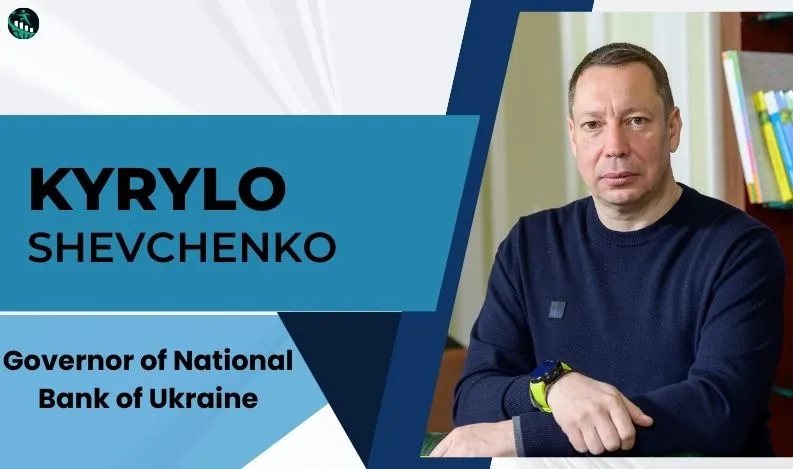
Navigating Political Persecution: Insights from Former NBU Chief on Ukraine's Legal Landscape
Welcome to our exclusive interview with Kyrylo Shevchenko, the former Chief of the National Bank of Ukraine. In this in-depth conversation, we delve into the intricacies of Mr. Shevchenko's ongoing legal battle, which he describes as a case of political persecution. We explore the origins of the accusations against him, the challenges faced during his tenure at the NBU amidst geopolitical turmoil, and his unwavering commitment to upholding the integrity of Ukraine's banking system. Join us as we navigate through the complexities of his experience, shedding light on the broader implications for justice, governance, and economic stability in Ukraine.
"I do not expect a fair decision from the Ukrainian court"
In March, it will mark five years since the case was initiated against me. Where does the investigation stand now, and how do I foresee its progression?
The developments surrounding this case in the past year cannot be accurately labeled as an investigation, given the disregard for legal norms and even basic human rights.
Officially, the process is currently in its final stages of pre-trial investigation. Initially framed as a case of 'misappropriation of funds by officials of UkrGasBank,' it has since been reclassified and is now being prosecuted under Article 255 of the Criminal Code, about the establishment of a criminal organization. This reclassification tactic mirrors those employed in Putin's Russia and is wielded as a tool against those who operate independently and resist conformity.
Notably, this is the first instance in Ukraine where such an article has been applied to individuals with no ties to organized crime. The crux of the matter is that there is no legitimate basis for accusing me of embezzlement, fund misappropriation, or any of the newly concocted charges."
Why, in your view, was the case resurrected following my appointment amidst the ongoing conflict?
From day one of my tenure, I found myself in an uncomfortable position as the head of the National Bank of Ukraine. This case resurfaced repeatedly, evidently to exert pressure on me and sway crucial decisions concerning monetary policy and even staffing at the NBU.
Why was this persecution reignited after the commencement of full-scale aggression?
At the onset of the war, the NBU showcased its institutional resilience, and I, in my capacity as the bank's chief, demonstrated professional competence by safeguarding the financial and banking systems during the most perilous period. A functional banking system isn't mere rhetoric; it's the lifeline for pensioners to access their pensions and for our military to receive their financial support.
The ability to procure vital resources like ammunition, fuel, and supplies for our military would have been unattainable without a robust banking system. I recall the early days of the conflict as a time of unparalleled unity across all sectors—government, military, volunteers, businesses, and ordinary citizens—all rallying tirelessly to safeguard our nation.
But after the political leadership became convinced that, in their opinion, the existential threat to the country had subsided, they returned to their usual manner: pressure, persecution of dissenters, and replacing independent professional managers with controlled puppets.
Was the decision to resign made by you voluntarily or were you forced?
From almost the first day of my appointment, there were constant attempts to pressure me and influence my decisions on key issues. Over time, this pressure reached its limit and turned into an ultimatum.
These circumstances, and the impact they had on my health, forced me to make this decision.
At that time, did you know that you were being prepared for suspicion, or were you prepared for such a development of events?
I knew about the case that was initiated back in 2019. But the suspicion, and especially the announcement of being wanted, came as a complete surprise to me. After all, no investigative actions were taken against me in the previous four years. Besides, a full-scale war is not the time for settling personal political scores.
Do you believe in a fair verdict from the Ukrainian court?
Unfortunately, no. I do not see the desire of the court or the so-called investigation to understand the case. They blindly follow the instructions from above, without attempting to establish the truth. And if the political attitude towards this case in Ukraine does not change, I do not expect a legitimate legal decision to be made.
For myself, I know one thing: all the transactions of UkrGasBank that were conducted during my tenure are market-based.
I headed UkrGasBank based on the results of the first open independent competition in the country. Then, together with the team, we managed to bring this bank from a state of near-bankruptcy to a qualitatively new level: the bank achieved an increase in net assets by 4 billion USD (almost 6 times), an increase in the credit and investment portfolio by 2,5 billion USD (4 times), and an increase in the client fund’s portfolio by 3 billion USD. Every year, the bank demonstrated a positive financial result (in 2021, the bank's profit amounted to 137 million USD).
All financial operations of UkrGasBank have been confirmed by a forensic audit conducted jointly by Baker McKenzie and Deloitte Touche Tohmatsu, as well as by separate diagnostic examinations by PwC.
Undoubtedly, I will strive for a fair consideration of this case in Ukrainian courts to the best of my ability and will prove my innocence until the end. I am convinced that in any impartial court, this case will fall apart.
The investigation claims that you are hiding, which is why you have even been declared wanted. Is this true?
From the first days of this saga, after being served with suspicion and even before being declared wanted, I officially informed the NABU, SAP, and VAKS about my whereabouts. In addition, I openly wrote about it in my publications in the media and social networks and released a video appeal recorded near the Embassy of Ukraine in the Republic of Austria.
I registered with the consulate, but despite this, all my appeals and requests to join the case with information about my whereabouts were ignored by the court and authorities.
I am convinced that this is done deliberately to impose the idea of "escape" and "hiding" on society.
Do you plan to return to Ukraine?
I do not see any other place where I would like to live and work.
"They resort to fabricating evidence from 'witnesses'."
You directly call the case against you a political persecution. Why?
It is obvious: when a case lies dormant for years and then suddenly resurfaces, it is the first sign that it is being done on someone's order. The way the pre-trial investigation is being conducted is the clearest proof of this: complete disregard for my procedural rights, violation of the principles of independent judicial proceedings, etc.
My defense lawyers and I have filed dozens of motions, the lion's share of which are requests to allow me to participate in the hearings at which my case was considered. But all the motions were ignored. Not once did the court allow me to participate in the hearing and personally defend myself.
The criminal proceedings were initiated by the NABU back in February 2019, and all these years the investigation had no questions for me, and they suddenly appeared against the backdrop of my statements about political pressure.
By the way, a reputable human rights group in Ukraine, the Kharkiv Human Rights Protection Group, also noted political persecution in the case against me. Their statement published on their website reads: "We hope that the state in general and law enforcement agencies in particular will be professional enough to avoid political persecution in Ukraine."
What do you think of the fact that several of the defendants in the Ukrgasbank case have made a deal with the investigation? Do you know what kind of testimony and conditions they were offered?
I think this situation is the result of pressure from the investigation. I understand that not everyone is ready to spend their time and energy to prove their innocence or guilt. For some people, it is easier to sign what they are asked to do, to admit something that never happened, and receive a small punishment, albeit illegal.
I do not know for sure about all the terms of the agreements concluded, but I can assume that the investigation is trying to obtain false testimony from them against me. Since they do not have any other evidence, to fulfill their task, they resort to fabricating the testimony of "witnesses".
Since the defendants were reclassified from particularly serious crimes to less serious ones, I can assume that this was the main argument and condition of the investigation.
The purpose of the relevant agreement is not to restore public order or punish the perpetrators, but to try to fabricate evidence that could be used for further political persecution.
Even the hearings on the conclusion of the relevant agreement were held without my defense lawyers being allowed to participate. For example, the case was scheduled for a certain date and time, but the hearings were deliberately held at a different time so that "unfavorable" participants in the case could not participate in it.
Were you offered a plea deal with the investigation? On what terms?
The investigation made attempts to make such proposals, but I am confident in my innocence, so there is no subject for discussion.
"The most difficult step is the decision on the issue financing of the budget during the war."
Before your appointment, did you know President Zelensky personally? Did you have an interview with the President?
I was not a person from Zelenskyy's circle and, I was never a member of his party. We met in person at an interview to which I was invited as one of the potential candidates for the position of NBU Governor.
Back then, during COVID-19, the global economy, and the Ukrainian economy in particular, was in a state of uncertainty. Therefore, the country needed a professional capable of responding to these challenges.
The first attempts to remove me from my post were made at the end of 2021, but the war prevented this. At that time, the political elite understood that at critical moments for the country, the NBU should be headed by a professional manager, not just a "proper executor."
Was the way you managed to keep the banking system going in the first days of the full-scale war admired by the international expert community? Was this action plan developed in advance or was it formed after the aggression started?
As the head of the NBU, I was not aware that a full-scale war would begin. I have not heard any official statement on this matter. But we received certain signals from our international partners, which we certainly took into account. We were preparing a "plan B" and took all possible measures to ensure that the banking system continued to operate 24/7. Of course, we used the NBU's experience since 2014, when Russia's aggression against Ukraine began. They were implemented, modified, and as early as 5:00 a.m. on February 24, 2022, the NBU Board adopted a historic document - Resolution No. 18 - which is still used by the Ukrainian banking system.
What were the most difficult steps?
The most difficult step was the decision to finance the budget with emission financing. It was made on the second day of the full-scale war. Yes, we had to override our convictions for this decision. But without this, it is impossible to save the Government's budget expenditures during the war. This step, without exaggeration, was one of those that saved the country.
"Consumer inflation, which is lower than in several European countries where there is no war, is the result of our steps."
Is there anything that you think should have been done differently?
There is always room for improvement, especially after the fact, when you know how events unfolded.
But: 5.1% consumer inflation, which is lower than in several European countries where there is no war, is the result of the effectiveness of our steps at the time.
Do you keep in touch with the NBU team now?
The NBU staff has changed a lot over the past year, and I don't know many people personally. However, I am always ready to help if any of my colleagues need my professional advice.
Do you follow the situation in Ukraine's economy after your resignation? Do you see any mistakes in the government's steps?
I can't help but keep an eye on it, it's a habit I've developed over 30 years of professional life. From time to time, I answer journalists' inquiries, commenting on certain issues.
In my opinion, the tax policy that discriminates against banks with private capital, including foreign capital, needs to be revised. I'm talking about the rule on additional taxation of banks introduced retroactively.
I stand for consistency of principles, their transparency, uniformity, and non-discrimination.
What else would you pay attention to?
I have always been in favor of reducing the state's share in the banking sector. But now we tend to increase it. While at the beginning of 2023, the share of assets of state-owned banks was 50.6%, at the end of the third quarter of last year it was already 53.4%, and state-owned banks already accounted for 65% of the sector's funds.
At the same time, last year two out of five state-owned banks did not have appointed chairmen of the board, but only acting ones. Two of the five state-owned banks did not have independent supervisory boards. This is a signal to the country that there are problems in applying the principles of corporate governance. To a large extent, this issue is the responsibility of the NBU, which is responsible for and should be most interested in the timely appointment of state-owned bank CEOs and supervisory board members.
Would you have chosen the same strategy if you had remained in the office?
My economic strategy would be focused on structural reforms in Ukraine. This is the only way to develop the national economy and thereby reduce dependence on external financing and financial assistance from partners, which will be especially important during the post-war reconstruction.
How do I see structural reforms in the economy?
The primary challenge for the global economy, including Ukraine's, amid ongoing uncertainty over the duration and outcome of conflicts in Ukraine and Israel, lies in geopolitical tensions that pose significant risks to economic stability worldwide.
The prevailing ambiguity regarding the conflicts in Ukraine and Israel could lead to increased volatility in financial markets, reduced investor confidence, and disruptions in global supply chains.
To tackle these challenges, Ukraine and Israel must prioritize diversifying trade partners and accessing new markets to reduce dependence on conflict-affected regions. This involves exploring new trade agreements, strengthening economic ties with non-conflict nations, and promoting export diversification.
Furthermore, both countries must rebuild investor trust by demonstrating a steadfast commitment to stability, implementing comprehensive reforms, and fostering a transparent business climate.
Investing in infrastructure projects can spur economic growth and job creation, including restoring damaged infrastructure, improving transportation networks, and developing energy and digital infrastructure.
Moreover, enhancing regional economic cooperation and integration can bolster economic resilience, involving initiatives such as facilitating trade agreements and encouraging cross-border investments within regional frameworks.
Ultimately, implementing structural reforms to enhance competitiveness, refine the business environment, and attract foreign investment is crucial in mitigating the adverse impacts of ongoing conflicts. However, Ukraine's primary objective remains securing victory in the conflict.
Also Read:-

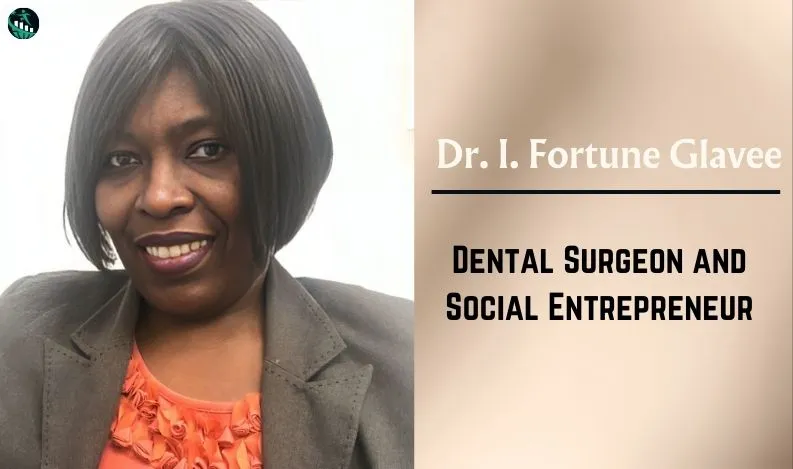

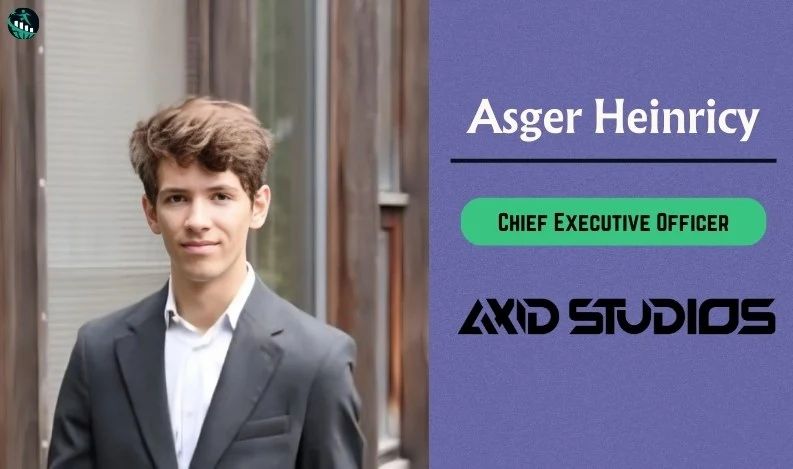
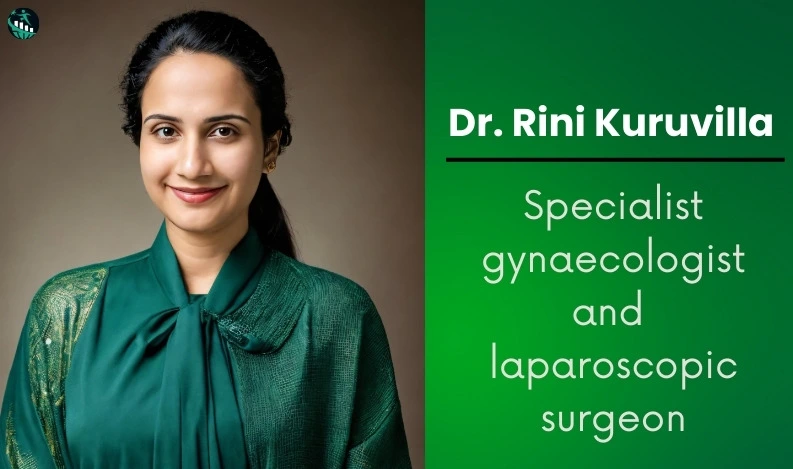
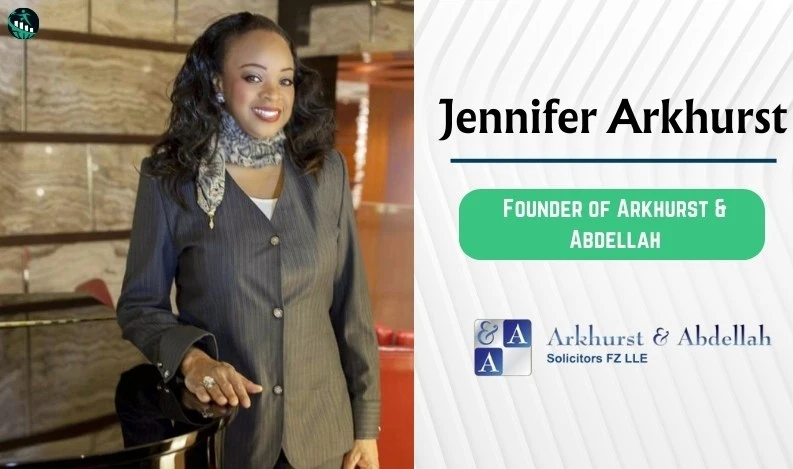


Recent Comments: